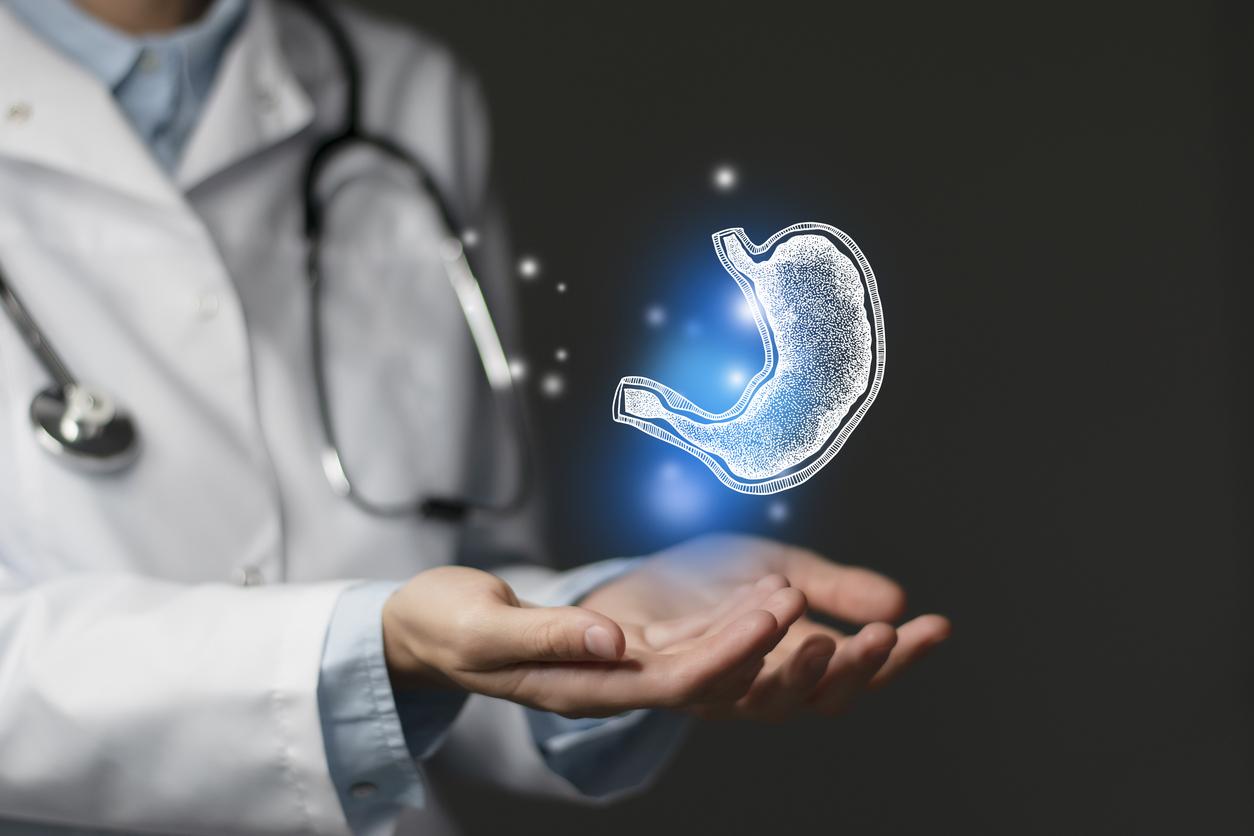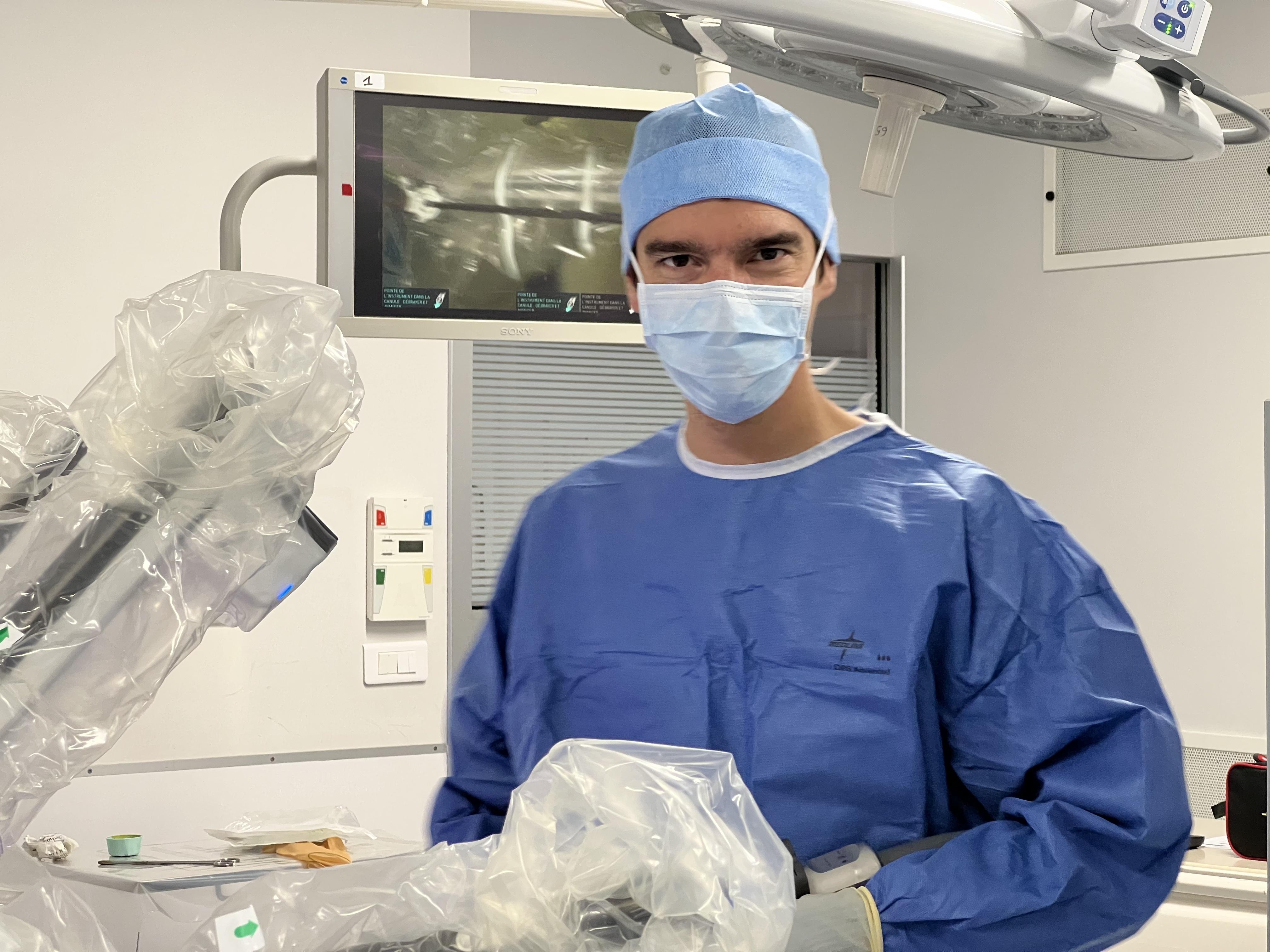Obese people sometimes despair of reducing their diet. French researchers have just demonstrated how the satiety signal is delayed and stimulates appetite.

Obese people are often accused of not making an effort to lose weight. Some of them actually suffer from overeating, that is, they have too much food intake. This paradoxical overeating has just been deciphered by a team fromInstitute of Health and Medical Research (Inserm) which publishes a study on October 25 in the journal Nature Communications. It shows that an antibody delays the feeling of satiety.
Delay of satiety
But, in concrete terms, how does this antibody influence food intake? The team of Inserm’s “Nutrition, inflammation and dysfunction of the intestine-brain axis” research unit answers this question. It reveals the molecular mechanism of overeating: an antibody called immunoglobulin slows down the hunger hormone, ghrelin.
“Immunoglobulins, directed against ghrelin, have particular properties in the context of obesity,” explains Professor Pierre Déchelotte, director of the Inserm unit. “They help capture more ghrelin molecules and protect it against the rapid degradation that usually occurs. As a result, the quantity of hormones that will be able to be released at the level of its receptor in the brain will be greater. “
In other words, by delaying satiety, these antibodies allow people to continue eating while physical needs are met. This logically leads to weight gain since the body receives more energy than it requires and stores the excess. This mechanism was confirmed by a double experiment, as explained by Professor Déchelotte.
Listen to Prof. Pierre Déchelotte, director of Inserm unit 1073: “ This result has been demonstrated on the one hand in vitro, in test tubes, but also in an experimental model in animals. “
Hormonal dysfunction
When functioning normally, the region of the brain called the hypothalamus regulates weight and food intake. The hypothalamus makes it possible to adapt the quantity of food necessary before satiety, according to the reserves of the body and its needs. For example, after a rich meal or weight gain, the diet will be reduced while the excess is reduced or the weight loss begins. It is this phenomenon that is felt after festive meals: immunoglobulins reduce the feeling of hunger to compensate for the excess ingested.
In obese people, this mechanism does not work properly. Despite their efforts to reduce their diet, they continue to overeat in relation to their needs. However, their ghrelin level remains normal, even low. It is this paradox that prompted Inserm researchers to start the study. Already in 2011, another report outlined a link between immunoglobulins and appetite. Ultimately, it would be possible to control these antibodies. Regulation could impact ghrelin and help obese people lose weight.
Listen to Prof. Pierre Déchelotte, researcher at Inserm: ” If we manage to modify the properties of immunoglobulins, we will be able to reduce the intensity of the hunger hormone. “
Act on eating disorders in general
It is all the eating disorders that could benefit from this discovery. Indeed, for diseases such as anorexia or bulimia, the origin is not only psychological. As Professor Déchelotte explains, excess stimulation (bulimia) or slowing down (anorexia) in food intake is due to the hunger hormone Alpha MSH. By restoring the balance between the hormones of hunger and those of satiety, these malfunctions of the diet could be absorbed.
Listen to Prof. Pierre Déchelotte, researcher at Inserm: ” One could try to restore the effectiveness of ghrelin in anorexia nervosa by manipulating these immunoglobulins. “
The Inserm team is not only interested in hormones to understand these eating disorders. The intestinal flora is also scrutinized. It could influence the interactions between hormones and immunoglobulins and affect feelings of satiety or hunger.
.

















